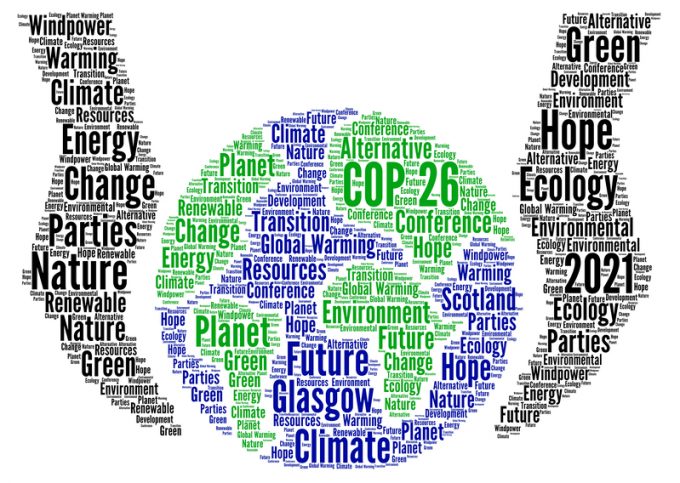Forwarders 'allowing the fox into the chicken run' by supporting 'hungry' carriers
Forwarders are “allowing the fox into the chicken run” by supporting carriers that also work ...

�
The UK, along with the Marshall Islands, the US and Denmark will push for rapid decarbonisation of the maritime industry, having agreed to drive the International ...
Four crew members still missing as Wan Hai 503 continues to burn
Predatory rivals circle as the ripples from DSV's Schenker buy widen
MSC Elsa crew face criminal probe, as Wan Hai 503 firefighters battle on
Latest Israeli attack on Iran a threat to box ships in Straits of Hormuz
Industry concerns rise after yet another box ship on fire off Indian coast
'It's driving us mad', say forwarders as US court fails to end tariff turmoil
Transpacific rates ease as capacity boost proves too much for trades to digest


Comment on this article